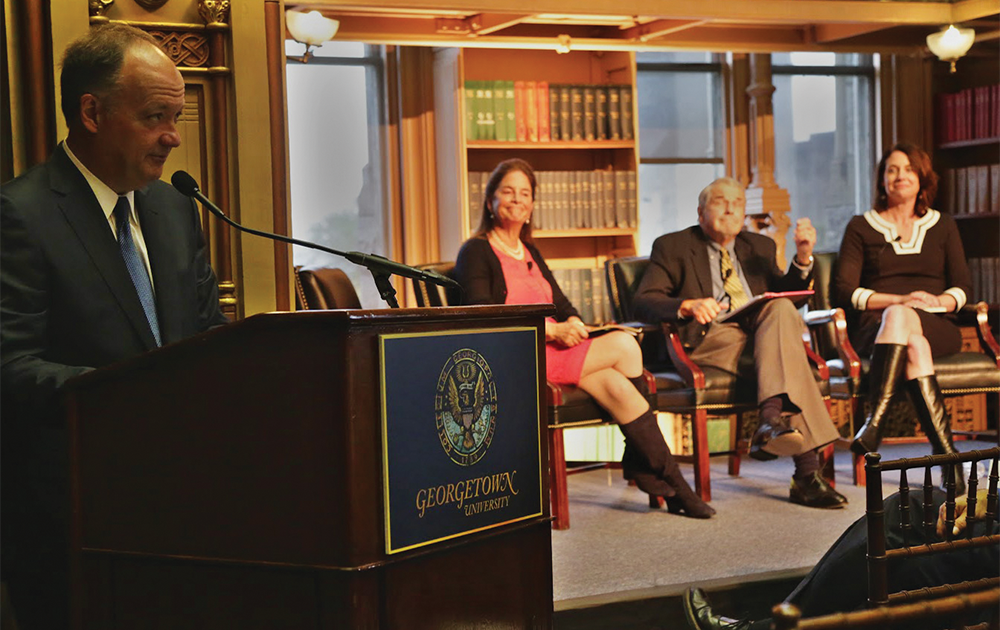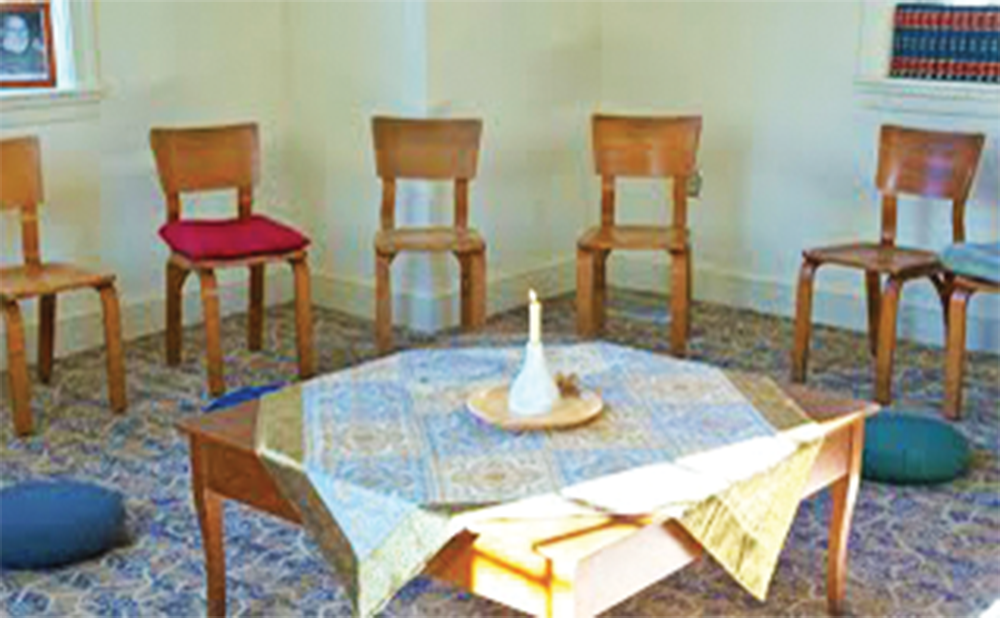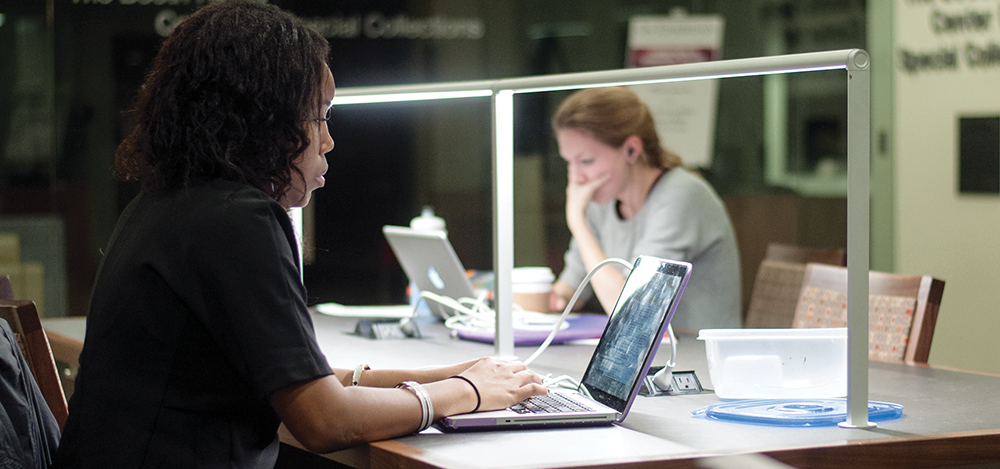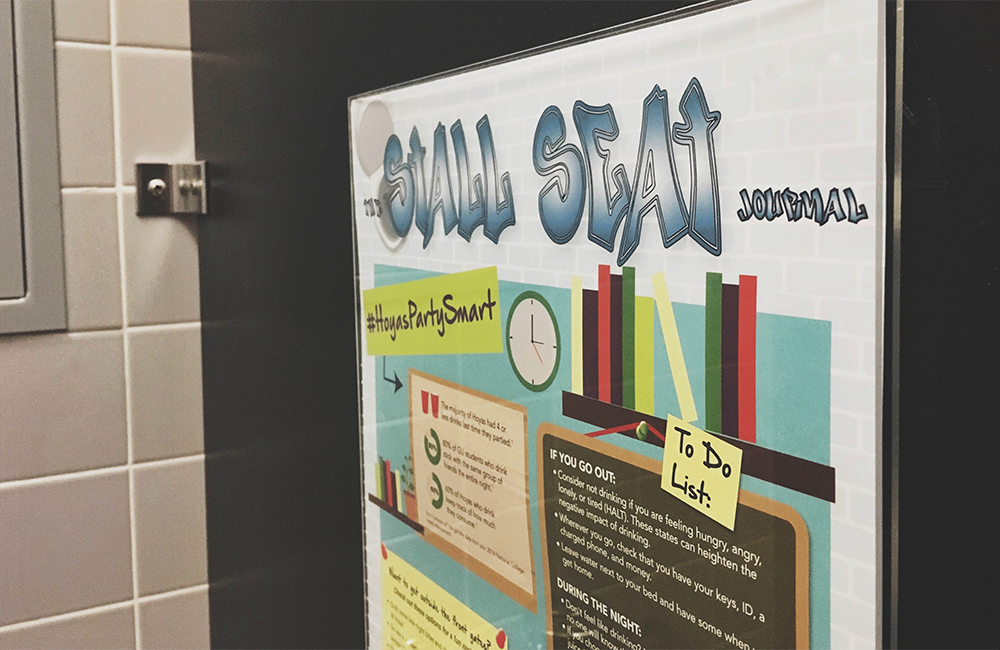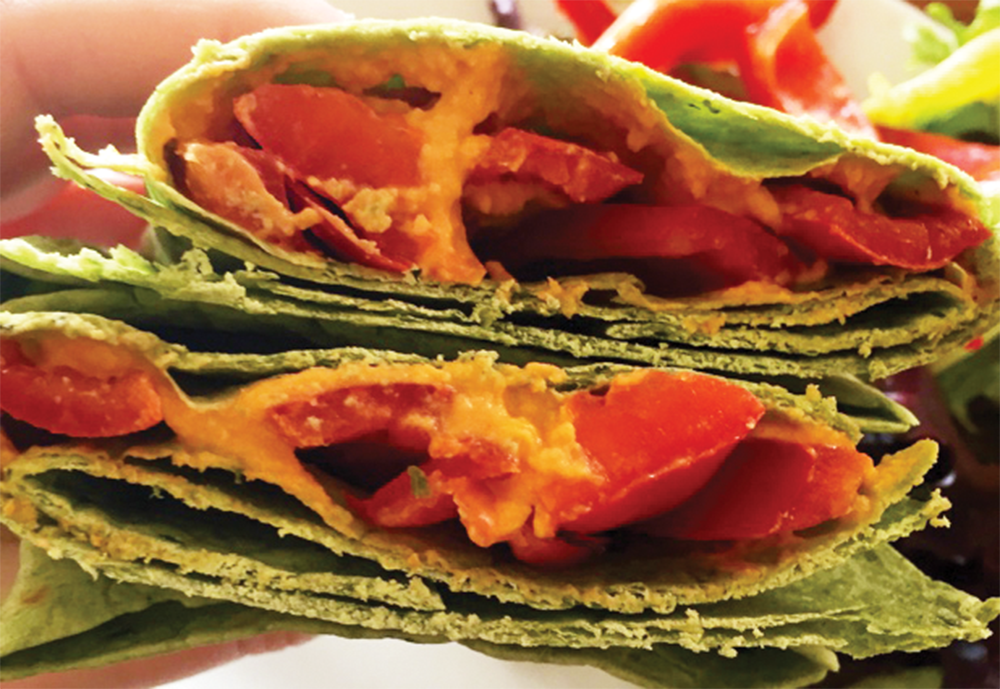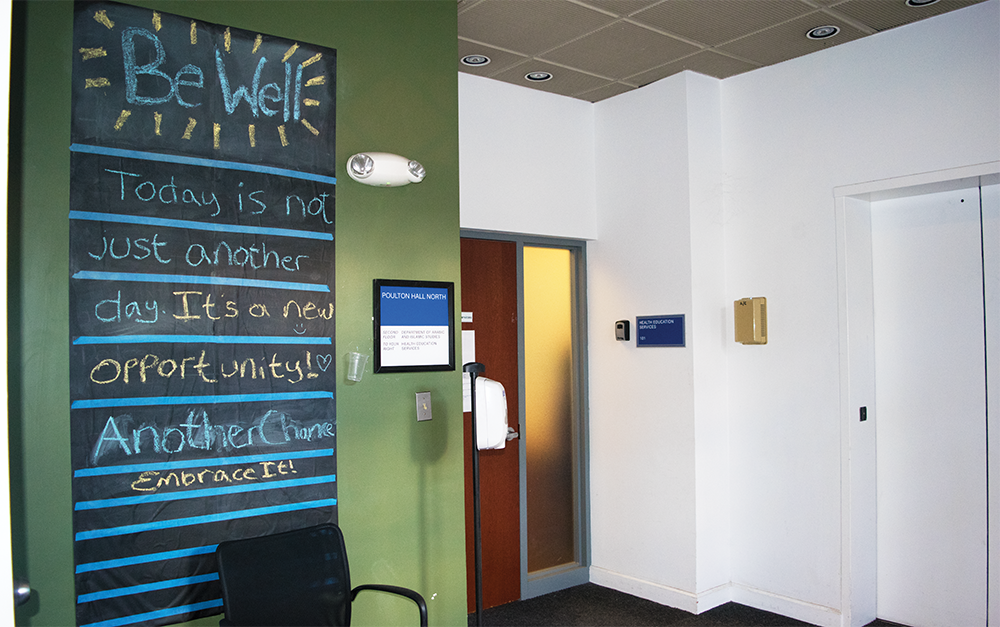On a campus as diverse as Georgetown’s, it is nearly impossible to create one set standard of beauty. Students are drawn here from a multitude of places defined by their distinct cultures, and each person adds his or her own perspective to the Georgetown community. In a series of videotaped interviews, several students came forward to offer their own definitions of beauty within the context of their lives. They spoke of a multifaceted idea of beauty that turned away from purely physical features to focus instead on the internal makeup of a person. While American culture seems to be far away from shedding its idealized stereotypes of beauty, their words show that change might not be so far off on the horizon — in fact, it’s already here.
Film: (Molly Simio/The Hoya)
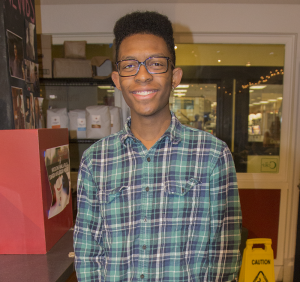
Daniel Breland (MSB ’17)
“American culture’s definition of beauty is very different than my own. For young boys and girls, there’s this notion that beauty is completely external. It’s based on how you look, based on how you act with people of the opposite sex, what you wear, how you style your hair. But, I don’t think that America’s definition of beauty is necessarily accurate at all.
I think beauty is all-around happiness and serenity. It can be an external thing — we see it in nature. But I think that beauty exists inside people as well. There’s a kind of inner beauty that exists when people are balanced, happy, joyful. I think that’s a very real thing.
Georgetown is unique in that there’s this perception that everyone is good-looking and fit. We’ve got a lot of [Division I] sports teams; Yates is a great asset for students. But, for students who don’t fall into that mold, it might be difficult to see yourself as a valuable member of the community just because your physique might not live up to that of your peers.
In general, our generation and the generations coming after us are much more aware of these issues related to body image. I’m hoping that Georgetown continues to push that with wellness week [and] psychological health. In a social environment where we have to accommodate our peers, we have to show them that they’re valued. I think that’s something that starts with us, but also with the people that come after us: trying to keep an environment that’s open to everyone.”
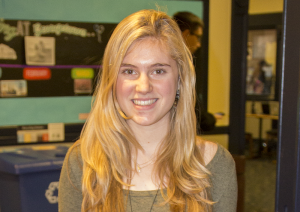
Anna Cardall (NHS ’18)
“A lot of the American ideals of beauty are reflected here at Georgetown, just as they probably are on any college campus or in any society. People here put a lot of stake in how they look. I do, too, so I guess I’m a culprit, but it is definitely here at Georgetown. It’s always hard to change any kind of social construct, just because it’s so embedded in who we are as people. With effort, we can bring awareness to it, which will make it easier to make a difference.”
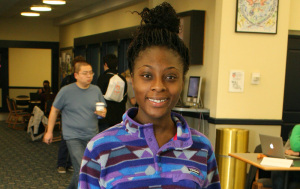
Sinmi Tinubu (MSB ’18)
“I think beauty should be confidence. If your confidence radiates, and if you’re really confident with how you look, it translates into beauty. American culture is really stuck on that typical tall, blonde, long-legged, blue-eyed [person]. I feel like that stigma has stayed for a lot time, and it persists; that’s how America still defines beauty today. I think it could be changed, but it would be really hard, and it might take a long time.”
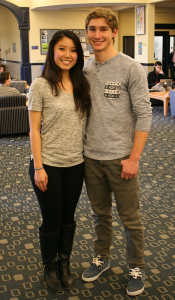
Jake Lockwood (MSB ’17)
“I would define beauty as being confident in who you are as a person and what your abilities are, both inward and outward. America’s idea of beauty has changed throughout the ages, but, primarily, it has focused on physical appearance just because, on a grander level, it’s really tough to find that inner personality — that inner beauty that on a personal level is much easier to find.
At Georgetown, there’s a large focus on physical appearance, but more so on name brands and luxury brands. You see people walking around with Burberry coats, Louis Vuitton, and there’s a big emphasis on those kinds of things.
[Change] starts primarily with yourself, just being comfortable and finding yourself beautiful, then from there spreading outward among your inner circle. Then, it will have a sort of ripple effect on a grander and grander scale.”
Alison Wong (MSB ’17)
“We’re starting the conversation now, which is important. People don’t really talk about the underlying issues that are here; it’s something that’s kind of assumed, and people just follow it as the status quo. There’s always something that everybody wants to change, but I don’t mind that there is something I want to change about myself. It gives me something to work toward. As long as you’re being healthy about it and still love yourself the way you are now. I don’t let things get me down too easily. I take everything with a grain of salt, always moving forward, always looking ahead.”
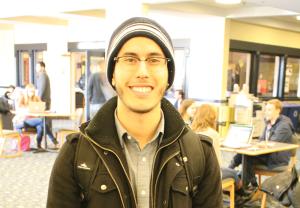
Michael Sobalvarro (COL ’16)
“Beauty? That’s a loaded term. I would define beauty as confidence, knowledge of oneself and care of one’s own body. It’s not necessarily that you have to have a slim waist or ripped biceps, as long as you make a conscious and full-fledged effort to maintain your health. That would take care of the physical aspect for me.
I definitely think the exact same [beauty stereotypes] in society are most strongly seen on campus here. Anyone who walks onto Georgetown’s campus can see a lot of people running around. The weights in the gym are always full. It’s a very health-conscious campus, and I may be wrong but some of the societal pressures may be seeping into our campus, or it may just people who just want to be healthier.
What society has already ingrained or what the culture where you come from has already ingrained [is] what your vision of beauty is. To be honest I don’t even know how to begin … to change someone’s perception of beauty.”
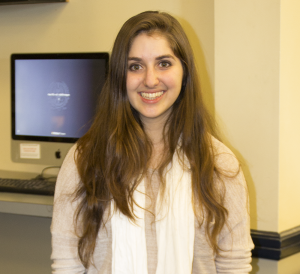
Daria Etezadi (SFS ’17)
“American culture defines beauty by physical aspects. It’s constantly changing by our standards, and there have been several evolutions of beauty standards in the media through Hollywood, magazines and tabloids. In this country, it’s not based on anything substantive — it’s always that you need to be thinner, have bigger hair, have different colored eyes. It’s probably the most cliched answer in the world, but I think beauty is on the inside. I would define it as people that are really true to themselves and don’t try to reflect other people’s standards and are more focused on creating their own expectations in life.”
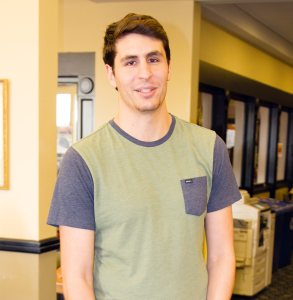 Max Shapiro (COL ’17)
Max Shapiro (COL ’17)
“Beauty is defined by the individual who perceives it. Beauty is different things to different people. There’s no set definition. American culture perceives beauty in a contorted way that doesn’t accurately reflect the way that the rest of the world perceives it. This leads to unhealthy behavior. It’s not a thing that can be changed on Georgetown’s campus, but it can be changed more as a societal thing in general.”


